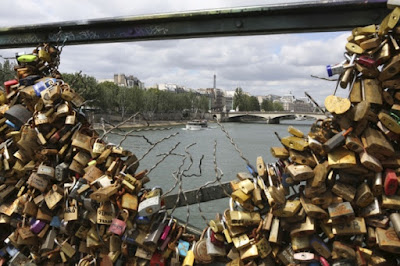by Lavinia Kumar
 |
| New Caledonia has been under French control since 1853. The indigenous Kanak population, who make up approximately 40% of the territory’s 270,000 residents, has long sought independence from France. The 1998 Nouméa Accord provided a framework for gradual autonomy and promised three referendums on independence. The first two referendums in 2018 and 2020 saw close results against independence, while the third in 2021, heavily boycotted by pro-independence groups due to the COVID-19 pandemic, resulted in an overwhelming vote to remain part of France. The recent violence erupted after the French National Assembly approved a constitutional amendment allowing French citizens who have lived in New Caledonia for at least 10 years to vote in provincial elections. This change is viewed by pro-independence leaders and most Kanaks as a threat to Kanak representation, as it could significantly increase the number of pro-France and non-indigenous voters. —Mirage, May 23, 2024. Photo: Police forces pushed back rioters near a shopping center in Dumbéa Sur Mer, New Caledonia, on Wednesday. Credit: Bruno Favre/EPA, via Shutterstock and The New York Times, May 22, 2024. |
3000 BC is when Kanaks made home
in the west Pacific, in Oceana,
south of Papua New Guinea,
north of New Zealand.
10,000-miles-away-France, took over
the islands in1853, parked its prisoners,
destroyed crops of the Kanaks,
forced labor, and brought disease.
1854 marked the discovery of nickel,
began years of foreign mine expansion –
nearly ten mining sites –
one selling nickel to car-maker Tesla.
A 1998 Accord enscribed island voting rights.
Then 40,000 more French arrived, and
today rights undone by Paris law—
expanded migrant voting, diluting Kanaks.*
Today Caledonia’s nickel is third in world.
Today Kanaks have no control over the mines.
Today Paris has sent President, ministers, 3000 troops, police.
Today Kanaks block roads, fight for freedom.
* President Emmanuel Macron says he will not force through a controversial voting reform in the French Pacific territory of New Caledonia following deadly rioting. Speaking on a visit to the main island, Mr Macron said local leaders should engage in dialogue to find an alternative agreement for the archipelago's future. —BBC, May 23, 2024
Lavinia Kumar writes in New Jersey. Her latest poem is here.










